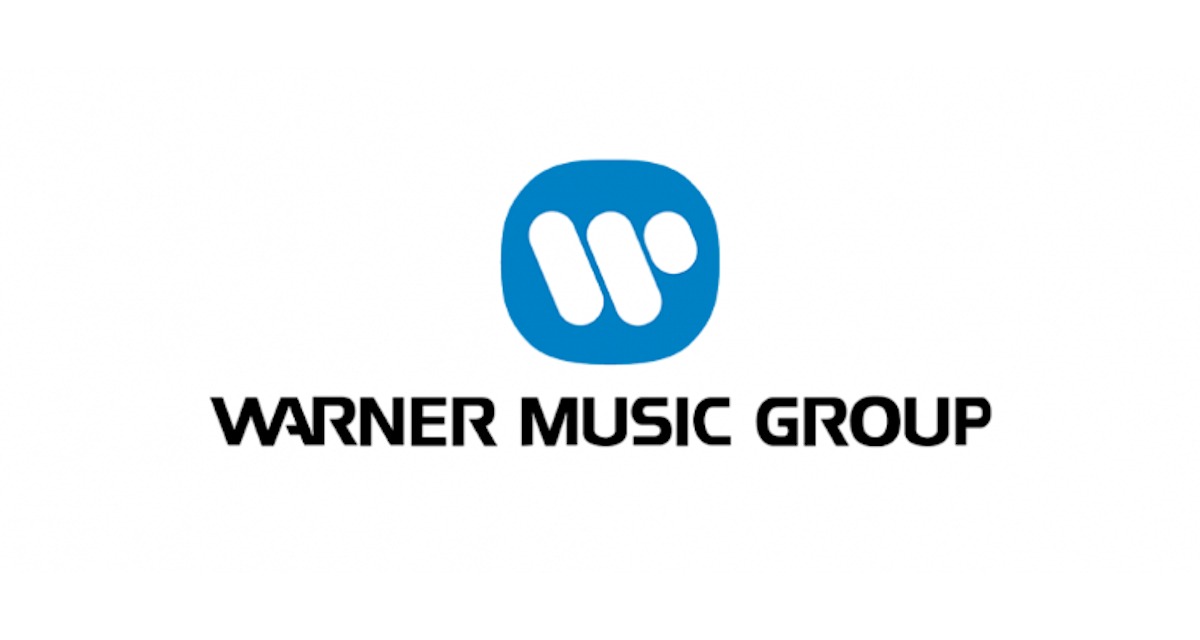
Universal Music Group (UMG) and Warner Music Group (WMG) are officially facing patent infringement lawsuits from an entity called Blue Spike, which claims that the defendants violated its IP “when performing the MQA [Master Quality Authenticated] encoding process” to bring high-resolution audio to fans.
Blue Spike LLC (as well as Blue Spike International and Wistaria Trading) just recently submitted the complaints to federal courts (New York for the WMG suit, California for that involving UMG). One of the substantially similar actions names as defendants Universal Music Group itself, UMG Manufacturing & Logistics, and Universal Music Publishing Group, with the other having been filed against parties including Warner Music Group and Warner Records.
Meanwhile, the suits describe the LLC plaintiff as a Texas-based company that owns a number of patents invented by one Scott A. Moskowitz. Blue Spike’s website elaborates upon the history and nature of the business’s operations with a more than 750-word-long “about” section.
The detail-oriented site also emphasizes that the entity possesses north of “100 patents ranging from forensic watermarking, signal abstracts, data security, software watermarks, product license keys, ASLR, deep packet inspection,” and more.
Lastly, in terms of the background details associated with both cases, the legal text indicates that Blue Spike International operates out of Dublin, Ireland, and “was recently acquired by Blue Spike Inc., a Florida corporation.” Wistaria, for its part, “is a Bermuda corporation with a place of business” in Hamilton.
In the interest of (relative) brevity, each of the 19-page-long actions centers on the alleged infringement of four patents:
No. 7,664,263 – “Method for Combining Transfer Functions with Predetermined Key Creation,” invented by Moskowitz and issued by the USPTO in 2010, according to the lawsuits.
No. 8,265,276 – Also “Method for Combining Transfer Functions with Predetermined Key Creation,” invented by Moskowitz and issued by the USPTO in 2012, according to the complaints.
No. 7,813,506 – “Systems and Methods for Permitting Open Access to Data Objects and for Securing Data within the Data Objects,” invented by Moskowitz as well as one Mike W. Berry and issued by the USPTO in 2010, according to the filings.
No. 7,647,502 – “Optimization Methods for the Insertion, Protection, and Detection of Digital Watermarks in Digital Data,” invented by Moskowitz and issued by the USPTO in 2010, according to the legal documents.
The allegedly infringed patents describe inventions “in the area of protection of digital information,” the lawsuits read, and the responsible individuals’ “pioneering efforts” spurred “the development of systems, methods, and devices for data protection memorialized in the mid-2000s,” per the text.
“At the time of these pioneering efforts,” both the UMG and WMG suits claim, “the most widely implemented technology used to address the difficulty of protecting intellectual property was copy protection. However, the industry widely acknowledged a need for a superior IP protection technology because the cost of developing copy protection technologies was high and did not sufficiently reduce piracy.”
The inventions detailed in the mentioned patents represent “a way to solve at least this need,” the plaintiffs maintain, citing as proof purported advantages over the prior art including the improved “handling of authentication, verification, and authorization with steganographic protocols to achieve efficient, trusted, secure exchange of digital information.”
Regarding the precise infringement claims against the defendants, though, the accused parties, as initially mentioned, are said to have used inventions outlined in the patents when partnering with MQA to make high-resolution music available to fans. (UMG announced a tie-up with MQA in February of 2017, whereas WMG did so in 2016.)
Warner Music allegedly learned about the patents at hand during “industry conferences, organizations, and events where Blue Spike’s patent portfolio was discussed” many years back, besides through an August of 2000 “business proposal to incorporate Blue Spike’s patented watermarking technology.”
Universal Music, in addition to allegedly learning about the patents during conferences and events decades ago, purportedly picked up on the involved technologies via a 21-year-old pact with Blue Spike. “By way of example, in the years 2001-2003, UMG and Blue Spike entered into and conducted business pursuant to an agreement whereby UMG licensed certain software from Blue Spike,” the appropriate suit states.
Finally, it’s claimed that UMG and WMG alike “acquired notice and/or knowledge” of the patents (and, in turn, their alleged infringement) via the suits that Blue Spike’s spearheaded against Spotify, Pandora, SoundCloud, and many others. At the time of this writing, the defendant labels didn’t appear to have publicly responded to the suit.

